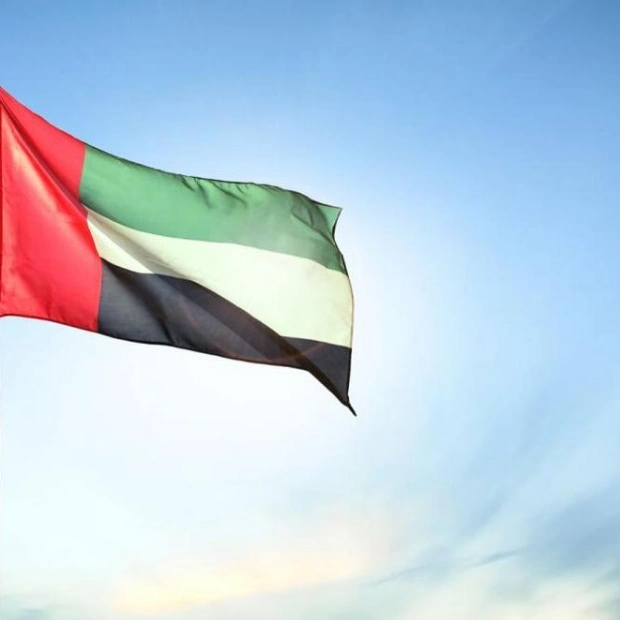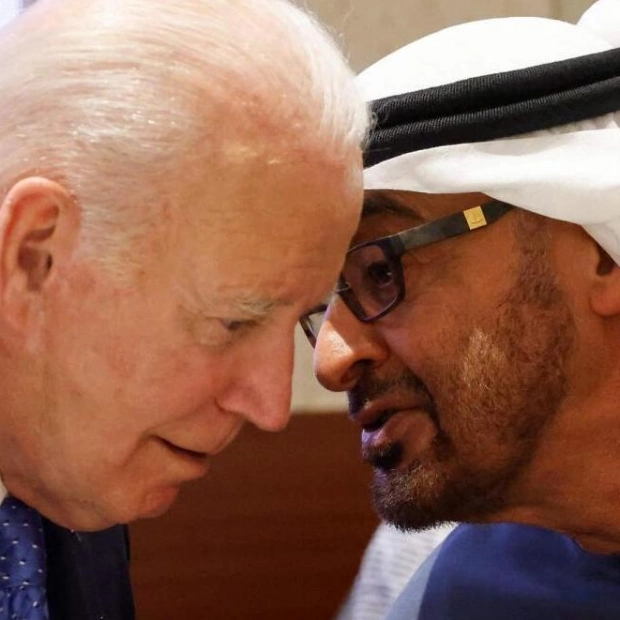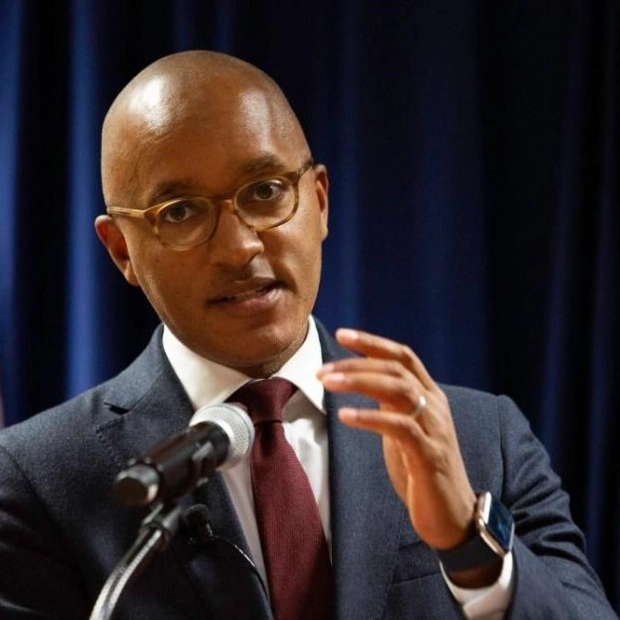The UAE economy has successfully navigated a soft landing and continues to be the region’s top performer, according to a senior official. “We anticipate growth in the UAE and the broader GCC region to pick up pace in 2025, driven by increased oil production and more accommodative monetary policies. The UAE is well-positioned to capitalize on its flexible oil production capabilities and a dynamic non-oil economy,” said Michael Strobaek, Global Chief Investment Officer at Bank Lombard Odier, in an interview with Khaleej Times.
The GCC’s currency pegs to the US dollar align their monetary policy decisions with those of the Federal Reserve. Strobaek forecasts a 150 basis point reduction in interest rates by regional central banks over the next 12 months, mirroring the Fed’s actions and supporting credit cycle stability. “Moreover, despite efforts to strengthen financial ties with China and other emerging markets, GCC countries have maintained substantial US dollar reserves to support their currency pegs. Although international reserves have decreased in recent years, they still surpass those of many other regions. We foresee minimal immediate risks of a policy shift regarding currency pegs,” he added.
Strobaek anticipates Dubai’s real estate market to sustain its upward trajectory, bolstered by economic recovery and rate cuts, despite significant gains in recent years. “We expect inflation in the UAE to remain manageable in 2025, given the stability in global goods prices, despite ongoing housing inflation pressures. The UAE’s economic framework makes it susceptible to geopolitical and global trade influences, particularly with China,” he noted.
A series of growth-oriented reforms outlined in National ‘Visions’ and ongoing diversification efforts away from hydrocarbons are expected to support GCC economies in the long term, Strobaek observed. “If GCC oil producers decide to gradually increase their output, it will be crucial to manage this transition with carefully calibrated fiscal policy adjustments to prevent further widening of deficits. Geopolitical risks in the broader region remain a significant concern, and a well-diversified and balanced investment strategy is essential for regional investors,” he added.
Strobaek believes the geopolitical risk premium embedded in oil prices should remain constrained. “OPEC has substantial spare capacity (estimated at 5 million barrels per day), which could mitigate potential supply disruptions. While further geopolitical escalations could temporarily elevate risks, we expect Brent oil prices to stay around $70/barrel over the next 12 months, with sufficient spare capacity to offset supply-side risks,” he said.
Increased geopolitical risks, robust demand from central banks diversifying their reserves, and a more volatile financial market environment have all contributed to gold’s rise this year. Strobaek expects this trend to persist, driven by Fed rate cuts, declining US real interest rates, a more neutral US dollar outlook, and hedging needs due to geopolitical and US election uncertainties. “We also anticipate a resumption of flows into gold exchange-traded funds as real rates decline. Near-term risks to gold post-US elections appear balanced, with a Republican victory potentially raising upside risks if geopolitical tensions escalate, while a Democrat win could initially pose limited downside risks but offer better long-term performance due to likely steeper declines in US real rates. Our 12-month price target is $2,900/ounce, and we have recently increased our exposure to overweight levels in client portfolios,” he added.
Revamping infrastructure is a powerful global trend that Strobaek sees unfolding in the world economy. The shift towards a low-carbon, nature-positive, technology-embedded global economic model, accelerated by demographic and geopolitical changes, necessitates a comprehensive overhaul of the world’s infrastructure. “This represents a fundamental transformation of our society where long-term benefits outweigh the costs. Governments, institutions, and private investors all play a role in catalyzing infrastructure projects, with the private sector particularly well-suited to lead the overhaul of power, transport, water, and communication infrastructures worldwide. While energy and transportation infrastructure are the cornerstones of modern economic infrastructure, water and communication infrastructure will require equal attention. At Lombard Odier, we have conducted extensive research on infrastructure as one of six structural trends reshaping the global economy and creating new investment opportunities for global investors,” he concluded.
Source link: https://www.khaleejtimes.com






